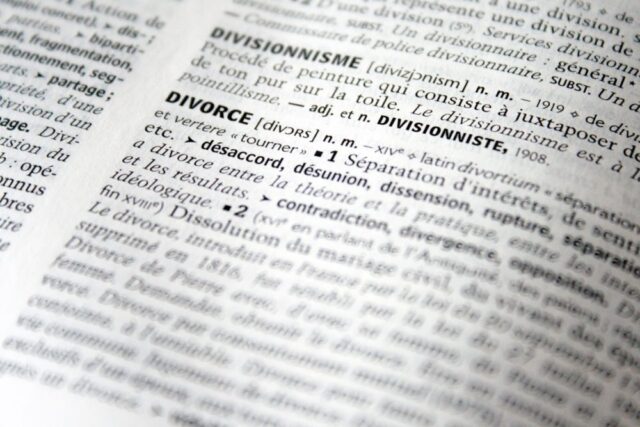When a person creates his or her estate plan, they will appoint a trusted representative that will carry out their wishes for after they pass away. An executor will carry out the probate process until the estate can be considered closed. You don’t necessarily have to appoint a family member to act as the executor of your estate but you should make sure that this person is a trusted friend or advisor who you know will respect your last wishes.
When the decedent passes away, it is your turn to step up as the executor and fulfill your responsibilities in settling the estate. You will be required to determine what all of the assets that the decedent left behind and assign a value to each of them. It is important that you open an estate checking account and that you make sure any estate debts and expenses are paid off. Some of these expenses may include those related to the funeral, costs of appraisals, attorneys fees, etc. You should prepare tax returns and any final income tax that need to be handled. After all of the expenses have been paid and tax returns have been filed, the executor can finally work on distributing the assets to all of the beneficiaries.
As the role of an executor is a large responsibility, the executor may be entitled to compensation. For estates that are worth up to $100,000, you may collect up to 5 percent. For example, if the estate is worth 50,000, the executor may be able to collect 5-percent of the estate, or $2,500. Anything between $100,000-200,000 results in 4 percent, $200,000-700,000 is 3-percent, and anything over $5 million is 2-percent.
If you need strong legal representation regarding matters of divorce, family law, and estate law, contact the Law Offices of Susan A. Kassel, P.C. to schedule a consultation today.




